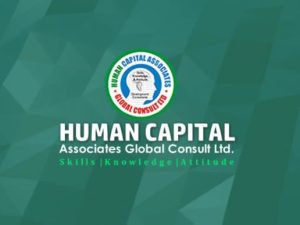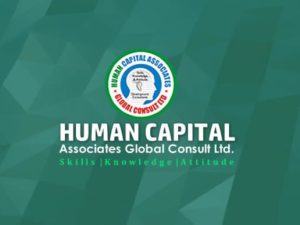Creative Problem Solving and Decision Making for Implementation (Making and Implementing Informed Decisions)
April 22 – 26, 2024, 1st Run: Lagos & Abuja
October 7 – 11, 2024, 2nd Run: Lagos & Port Harcourt
For Tutor -Led Class: 9am – 4:30pm
Workshop fee: (Lagos) N250, 000 per Participant
For online: Delivery via Zoom
Online course fee: N200, 000 per Participant
Available for In-plant Training
Program Overview:
Successful organizations recognize that critical thinking and creative solutions to problems significantly enhance business potential. Today’s decision makers must use a variety of thinking styles, methodologies and creative processes. In this course, participants will develop skills to become critical thinkers and problem solvers. They will learn to leverage their personal thinking preferences using tools and techniques based on cutting-edge analysis.
At other times the problem is so unusual that it defies rational and critical thinking; these are the times where creative problem solving becomes an invaluable tool.
In this course we will cover all these important thinking approaches. After understanding the thinking mechanisms, we will provide participants with methods and tools to implement and evaluate the decision taken through practical sessions that can be useful at work or in life, and from the most mundane situations to the most difficult or unusual ones.
For whom:
Managers, Supervisors and Individuals at any level of an organization who wants to apply creativity and critical thinking skills to their decision-making and implementation process
Learning objectives:
At the end of the program, participants will be able to:
- make better decisions through critical thinking and creative problem solving;
- adapt to different thinking styles in group and team environments;
- recognize and remove barriers to individual and group creativity to foster an innovative work environment;
- systematically analyze a target problem;
- present ideas clearly and concisely for maximum stakeholders buy-in;
- develop implementation plan to effect decisions taken; and
- evaluate and review action plan.
Course outline:
Day 1: Basics of Problem Identification
- Understand the definition of a Problem and its characteristics
- Problem solving process – DMAIC
- Elements of Problem Identification
- Relationship between Cause-Effect-Symptom-Problem (CESP)
- Characteristics of problem statements
Day 2: Validation process for problem statements
- Applying guideline for clear problem statements
- Applying Root Cause Analysis
- Purpose and impact of RCA
- Review different RCA techniques
- Finalizing root-cause through a funneling process
Day 3: Creativity and Problem-solving techniques
- The need for thinking skills
- Stages in problem solving and decision making
- The human brain
- Understanding the two hemispheres of the brain
- Critical thinking
- Lateral thinking
- Mental blocks to creative thinking
- Brainstorming
- The six thinking hats
Day 4: Decision making supplementary tools
- Effective decision making
- Why-Why and how-how analysis
- The how-how method
- Choice making
- The decision analysis worksheet
- The Kepner & Tregoe method for analyzing
alternatives
- Use of the matrix
- The decision-making matrix
- Definition of ‘consensus’
Day 5: Strategic Decision Implementation
- Strategic Considerations in Implementing Decisions
- Analyzing the key elements for implementation
- Structures and systems for strategic agility and performance
- Develop and implement action plan
- Evaluate and review action plans
- Develop and review follow up on contingency actions
- Developing inspiration and motivation: Communicating the roadmap and gathering support
Training Methodology
- Lectures, discussions, exercises, case studies, audio-visual aids will be used to reinforce these teachings/learning methods.
Related Courses




